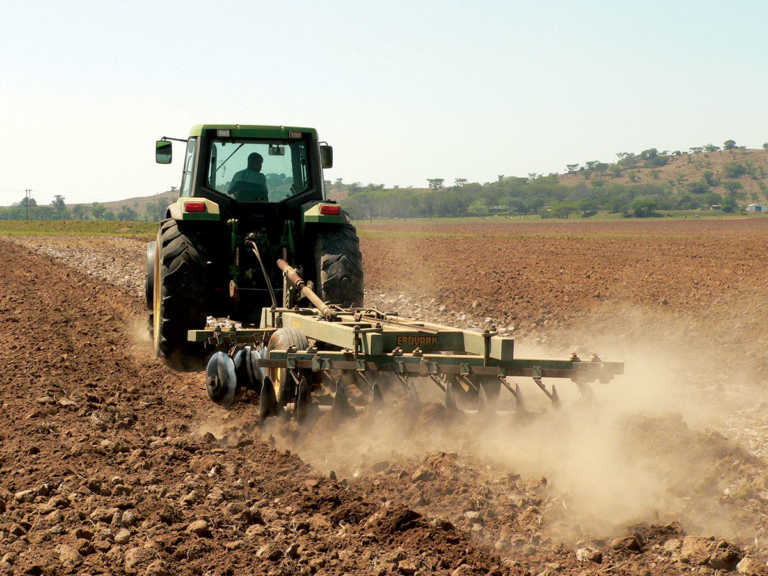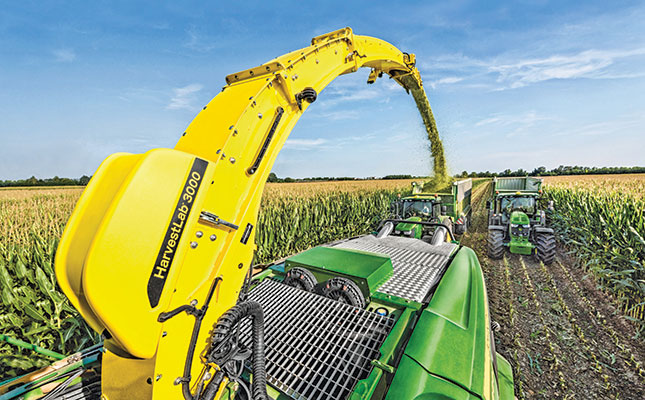
According to a Department of Labour (DoL) press release, the inflation wage increase for farm and forestry workers would come into effect in March 2018.
Wages would increase 5,6% on par with inflation, with monthly wages increasing to an average of R3 169,19 for the 2018/2019 season, from the 2017/2018 average wage of R3 001,10.
READ New farmworkers’ minimum wage R18/hour
Weekly wages would remain unchanged at R731,41, while daily wages would increase to R146,28 from R138,52.
Hourly wages would increase to R16,25 from R15,39.
Aggrey Mahanjana, managing director of the National Emergent Red Meat Producers’ Organisation (NERPO), told Farmer’s Weekly that NERPO did not submit formal comment to the DoL on the proposed minimum wage, as it believed that its comment would be a “drop in the bucket” and would not change the DoL’s stance.
“Farmers won’t be heard and it will be worse with smallholders. Most smallholders are not earning an income from farming and if wages continue to increase they will struggle even more to be profitable as labour is a cost,” Mahanjana said.
Mahanjana also said that blanket wage increases should not be implemented, and that increases needed to be based on the sector and its performance.
Jahni de Villiers, head of development at Agri SA, said that the inflation increase had been expected.
“The crisis will be in May when the minimum wage kicks in. The farming sector will pay about 80% of the minimum wage. Farming and domestic worker sectors are vulnerable as both are coming under financial pressure,” De Villiers said.
According to De Villiers, the hourly wage in May would increase to R18/hour, which is an almost 17% increase from the current R15,39 wage.
Tembinkosi Mkalipi, DoL chief director of labour relations, said the department had not received any complaints on the inflation increase, but said employment rates would have to be monitored to determine whether the minimum wage had a negative effect on the sector after its implementation.
“Farmers that are of the view that they cannot afford the minimum wage can apply for exemption,” Mkalipi added.
He said compliance with the new wage policies would be monitored by farm inspections and workers reporting to the DoL.
The proposed minimum wage had thus far received resistance from the entire agriculture sector. Parliamentary processes beginning 1 February would determine whether it would be implemented, he said.











